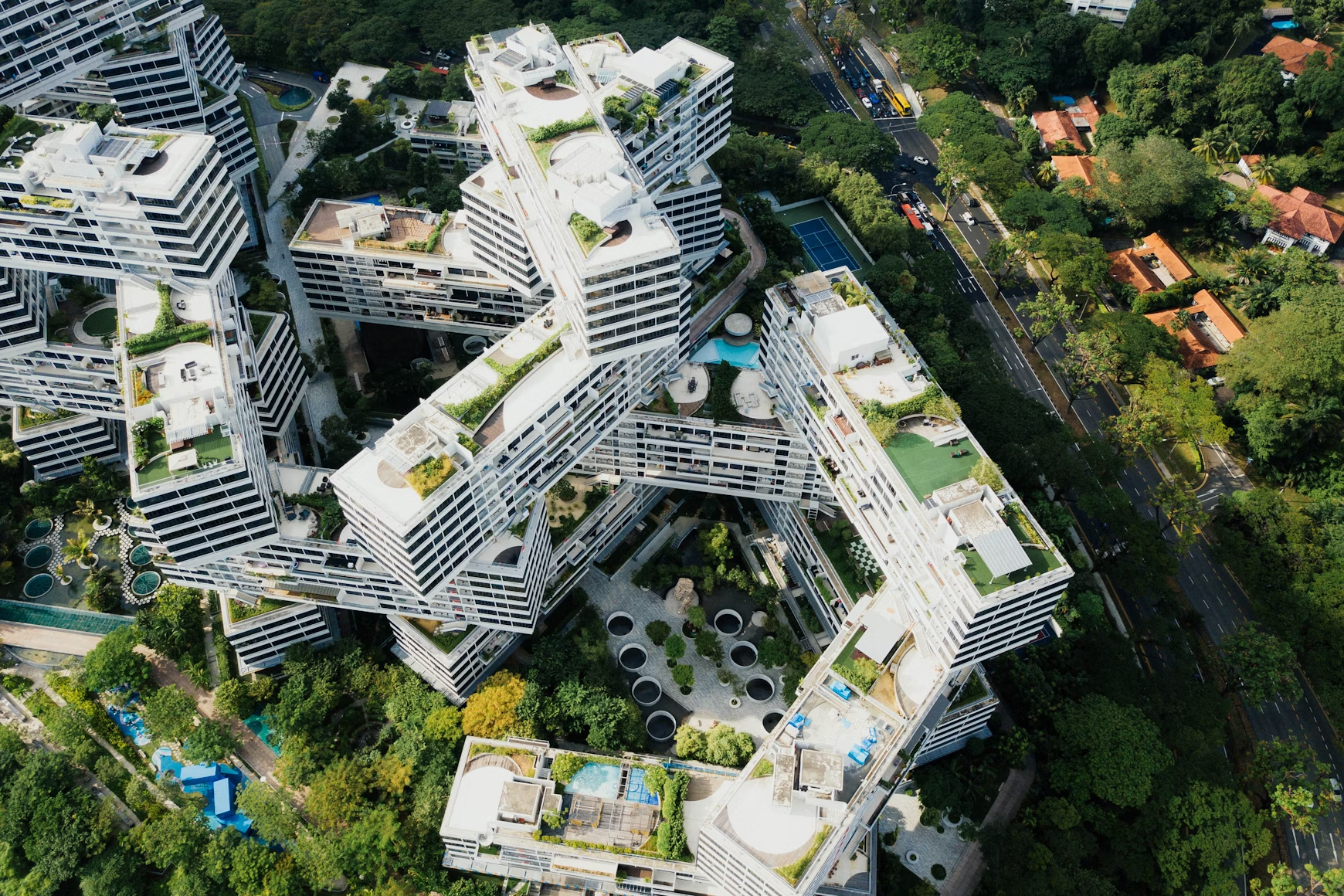Smart cities are no longer just a futuristic concept—they are becoming a reality thanks to decentralized technologies like blockchain. With increasing urbanization, cities are under pressure to improve efficiency, reduce costs, and enhance security. Traditional infrastructure often struggles with fragmented data, outdated processes, and inefficiencies, but blockchain offers a solution by simplifying urban management, increasing transparency, and automating complex processes.
Decentralized Tech: The Backbone of Smart Cities
From energy grids to transportation systems, blockchain is already shaping the future of digital infrastructure. And it’s not just in construction or finance—even sectors like online entertainment and digital transactions are leveraging decentralized systems to enhance security and improve user experience. For instance, some platforms operating outside traditional regulatory frameworks provide alternative digital experiences for users, such as Curacao casinos exempt from GamStop.These platforms are regulated in Curacao and leverage blockchain to offer provably fair gaming, instant payouts, and enhanced security, ensuring that players have full control over their funds without reliance on centralized authorities. Additionally, blockchain reduces transaction costs and speeds up withdrawals, making digital gaming more accessible and efficient.
Just as blockchain enhances security and efficiency in digital transactions, its potential in smart city infrastructure is equally transformative. From automating urban services to securing public data, decentralized systems offer a more resilient and transparent framework for managing modern cities.
A smart city integrates multiple digital systems to improve efficiency and sustainability. Blockchain plays a key role by ensuring that data is immutable, decentralized, and transparent, which reduces fraud and enhances trust in urban operations. One of blockchain’s most significant advantages in city planning is eliminating intermediaries. For instance, smart contracts—self-executing contracts with terms encoded into blockchain—can automate transactions and reduce delays in infrastructure projects. This removes bureaucratic bottlenecks and allows faster execution of public projects without unnecessary red tape.
Another area where blockchain is making a difference is in construction and property management. Traditionally, real estate transactions and infrastructure projects involve multiple layers of verification, leading to high costs and inefficiencies. By tokenizing real estate assets and using blockchain-powered digital records, cities can streamline approvals, enhance property security, and eliminate fraud
Energy Infrastructure: Smarter, Greener, More Efficient
One example is the decentralized energy market, where blockchain enables peer-to-peer energy trading. Instead of relying solely on major utility companies, residents can sell excess solar energy directly to their neighbors, automating transactions with smart contracts.
This reduces dependency on centralized grids and encourages sustainable energy consumption. Cities consume about 75% of the world’s energy, and managing energy resources efficiently is crucial for sustainability. Blockchain technology enhances energy grids by improving efficiency, reducing waste, and supporting renewable energy initiatives.
Blockchain also improves energy consumption tracking. Using decentralized ledgers, residents and businesses can monitor their carbon footprint in real time, allowing them to optimize usage and reduce costs. For example, a blockchain-based microgrid system has been shown to increase profitability by 1.68% while reducing environmental impact by 0.97%.
Water Management: A Blockchain-Powered Solution
Water scarcity is a growing global challenge, and cities must innovate to manage water resources effectively. Blockchain plays a critical role in tracking water usage, monitoring pollution, and managing tradeable water rights.
One of blockchain’s most promising applications in water management is real-time pollution tracking. By integrating IoT sensors with blockchain, cities can monitor water quality, detect pollution sources, and enforce regulations more effectively.
Additionally, blockchain can facilitate fair water distribution through smart contracts for water trading. Countries like Australia and the U.S. have already begun experimenting with blockchain-powered water rights exchanges, ensuring that water resources are allocated more efficiently (Lambert, 2020).
Transportation and Smart Mobility
Traffic congestion costs cities billions each year in lost productivity and increased emissions. Blockchain technology can optimize urban mobility through intelligent traffic systems and autonomous vehicle networks.
For example, in a blockchain-powered smart transportation system, vehicles communicate with traffic signals, parking systems, and other vehicles to reduce congestion and improve safety. By using decentralized ledgers, transportation networks can securely share real-time traffic data, enabling AI-driven solutions to optimize routes and reduce delays. Blockchain is also reshaping car ownership models. The rise of peer-to-peer (P2P) car-sharing platforms allows individuals to rent out their vehicles without the need for intermediaries. Blockchain ensures secure transactions and real-time tracking, reducing fraud and improving efficiency.
Strengthening Public Trust Through Transparency
Corruption and inefficiencies in government operations are major challenges in urban management. Blockchain addresses these issues by ensuring that all transactions, permits, and contracts are recorded on an immutable ledger, making them tamper-proof and publicly verifiable. For example, smart voting systems powered by blockchain can eliminate election fraud and improve voter turnout. Additionally, blockchain’s auditability ensures that public funds are used efficiently, reducing waste and increasing trust in governance.
Final Thoughts: A More Connected, Resilient Future
The integration of blockchain in urban infrastructure is more than just a technological upgrade—it’s a transformation in how cities operate. By decentralizing data, automating transactions, and enhancing security, blockchain technology ensures that smart cities are not only efficient but also transparent and future-ready.
As adoption grows, we can expect more decentralized solutions in energy, transportation, and governance, paving the way for truly intelligent urban environments. Blockchain isn’t just shaping smart cities—it’s redefining the way we interact with the world around us.





